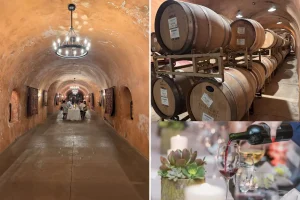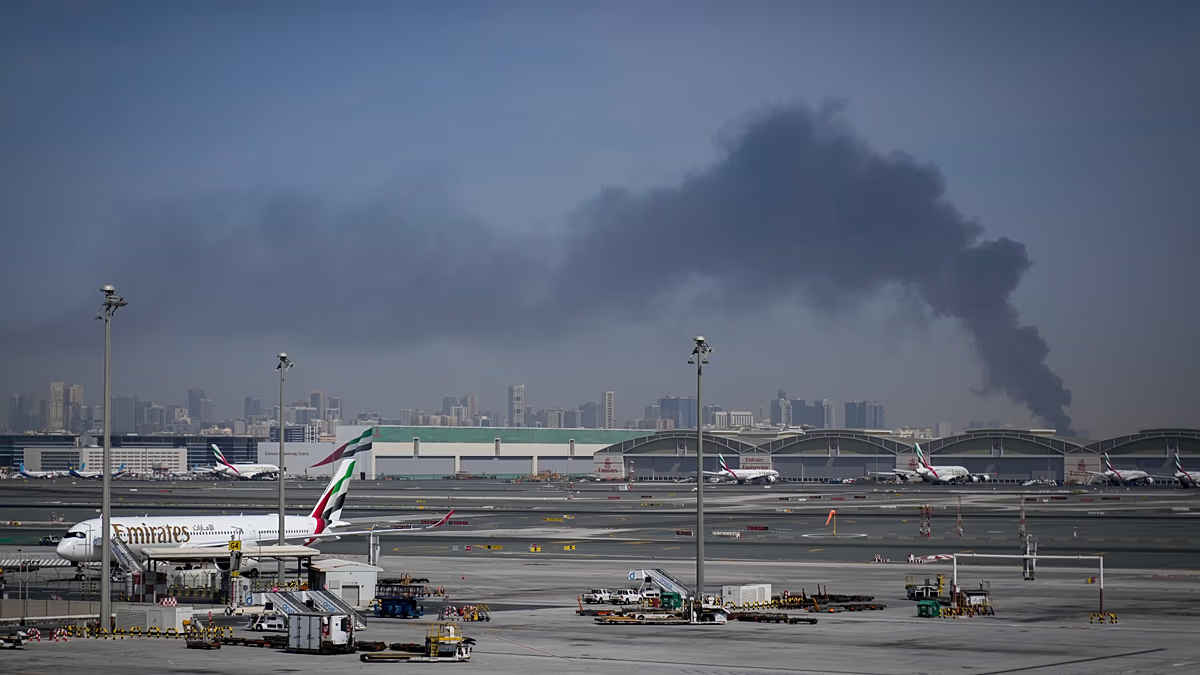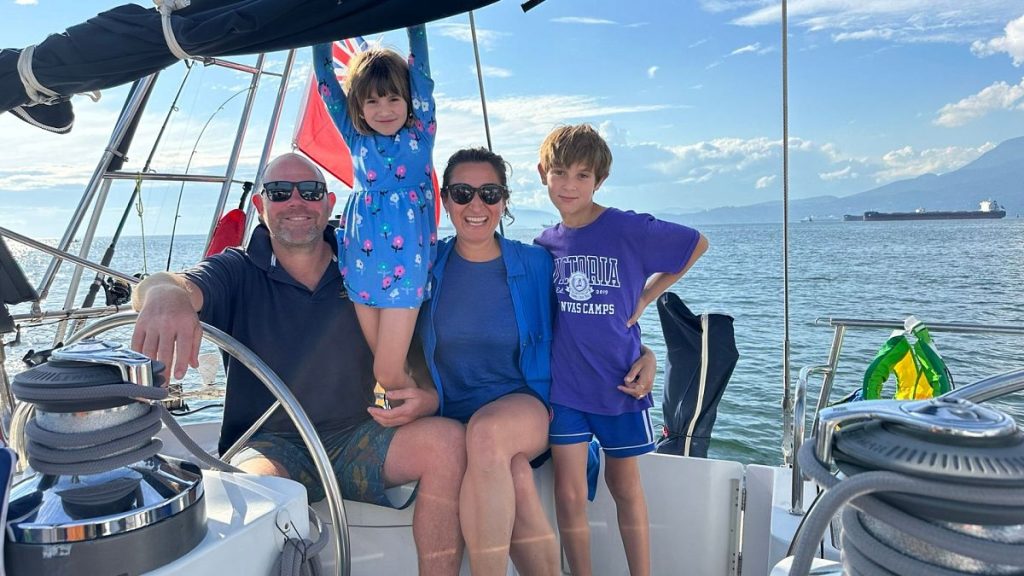Larissa Clark and Duncan Copeland, seasoned sailors and passionate environmentalists, embarked on a remarkable family adventure in July 2024: a multi-year voyage around the world aboard their 50-foot sailboat, Freeranger. The seed for this ambitious undertaking was sown during the quiet nights of the COVID-19 lockdown in Norway, where the couple, along with their two young children, began mapping out their dream sailing route, carefully considering global weather patterns and envisioning the exotic locales they would explore. This dream, nurtured over several years, materialized when their children reached an ideal age – old enough to contribute to the voyage and young enough to still appreciate their parents’ adventurous spirit. The family’s journey, however, transcends a mere personal odyssey; it’s a mission driven by a profound love for the ocean and a commitment to marine conservation.
The couple’s shared passion for the environment, forged during their time working at the UK’s Environmental Justice Foundation, forms the bedrock of their current endeavor. Duncan, having spent a significant part of his childhood sailing around the world, was no stranger to the allure of the open sea. Larissa, inspired by her globetrotting grandfather, discovered her own love for ocean voyages during a transatlantic sailing trip from Spain to Brazil. This experience cemented her desire for a life intertwined with the sea. Their decision to raise their children, Skye and Eden, amidst the rhythms of the ocean felt natural, an extension of their own deep connection to the marine world. Packing up their home in Canada, where Duncan led an NGO combatting illegal fishing, the family traded terrestrial stability for the boundless horizons of the ocean, eager to embrace the unpredictable wonders that awaited them.
Life aboard Freeranger has been anything but mundane. From close encounters with a crocodile in a Mexican mangrove estuary to a breathtaking experience with a Sei whale diving beneath their boat off the California coast, the family has faced both exhilarating and nerve-wracking moments. The unpredictable nature of the ocean has become their daily reality, offering a tapestry of experiences woven with wonder and awe. The children, growing up amidst this dynamic environment, are learning invaluable life lessons, developing resourcefulness and a deep appreciation for the power of nature. Homeschooling, facilitated by a Canadian program, ensures their education continues uninterrupted, seamlessly integrated into their unique lifestyle.
The Copelands’ voyage is not solely about personal exploration; it’s a platform for contributing to ocean conservation. Driven by a desire to protect the marine environment, they founded Free Range Ocean, a non-profit organization dedicated to promoting citizen science and ocean conservation projects. Their flagship initiative, the Ocean Citizen Science Project directory, endorsed by the UN Ocean Decade, connects individuals around the world with research projects they can participate in, regardless of their proximity to the ocean. This freely accessible platform empowers anyone to contribute to vital research, from beachgoers surveying invasive species to tourists sharing whale sighting photos.
The family actively participates in various citizen science projects, contributing data on whale populations, climate change impacts on phytoplankton, and other crucial research areas. Their sailboat also serves as a testing ground for green maritime technologies, further demonstrating their commitment to sustainable practices. The Copelands’ mindful approach extends to their daily lives aboard Freeranger. They prioritize local and seasonal shopping, use low-impact cleaning materials, and generate their own drinking water, minimizing their environmental footprint as they traverse the globe.
Preparing for such an extensive voyage required meticulous planning and extensive training. The Copelands immersed themselves in the world of offshore sailing, gaining certifications in various areas, from first aid to boat electrics. They also sought guidance on the psychological aspects of long-term cruising as a couple, recognizing the importance of navigating the challenges of confined living and shared decision-making. This preparation, both practical and emotional, has been instrumental in ensuring a harmonious and successful journey.
Daily life aboard Freeranger revolves around a well-established routine, providing a sense of normalcy amidst the constant change of their surroundings. Homeschooling takes priority in the mornings, followed by afternoons dedicated to exploration, socializing, and boat maintenance. While the family embraces a minimalist lifestyle, adapting to life with fewer possessions, Larissa simultaneously manages her PR business and her travel company, demonstrating the feasibility of digital nomadism even in the most remote locations. While internet connectivity, facilitated by Starlink, provides a vital link to the outside world, the concept of a traditional weekend has dissolved, replaced by a flexible schedule dictated by the whims of the weather and the opportunities for exploration that arise. Wildlife encounters remain a constant source of inspiration, fueling the family’s dedication to conservation. From gray whales and humpback whales in Baja California to swimming with whale sharks, each sighting reinforces the importance of protecting these magnificent creatures and their fragile habitats. As they continue their journey across the South Pacific, the Copelands anticipate even more extraordinary encounters, further enriching their experience and deepening their commitment to the ocean they call home.










